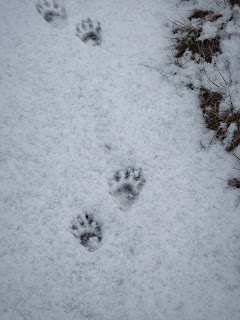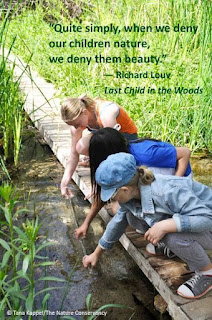Likely
the last ski of the winter
Took
me through cedar groves
And
stands of hemlock, birch, maple.
The
warm March sun
Casting
shadows
Turning
straight tree trunks
Into
curves and arcs
On
the undulating snow drifts
I
stopped to take it all in
When
tiny chirps and the
Whirrrr
of wings past my ears
Made
me dig deep into my pocket
For
a handful of sunflower seeds.
Holding
my well trained palm flat
The
tiny bold birds
Impossibly
light, lit on my hand
And
one by one
Carefully
selected the seed of their choice.
Further
on, tracks of porcupine
And
bounding squirrels,
Whitetail
deer and cottontail rabbits.
Weasel
tracks circumnavigated
A
puffy pile of brown feathers…
A
forest murder mystery
That
kept us occupied
Deciphering the clues
Spring Song
The
soft grey catkins bursting
From
the aspen branches
At
the end of the road
Don’t
lie.
Spring
is coming.
The
birds know it.
Crows,
chickadees, blue jays
Have
changed their songs
More
varied, complex.
Spring
means only one thing.
Sitting
on the dock, reading
In the
March warm sun
I
look out over the
Frozen
lake waiting
For
the first migrant birds
To
spring into sight
Soon
the geese will be
Staking
out their nesting sites
Sitting
on the still frozen ice
Patiently
knowing that
Spring
is near.
We
sit by a fire fed by the
Rotted
boards of an old
Dock
in need of renewal
And
repair once
Spring
is here.
I
walk carefully over the ice to
View
the progress and
Suddenly
find myself
Right
thigh deep in cold water
Surprisingly
not painful.
I
pull myself out and
Take
off my wet jeans and
Socks
in front of the fire
Covering
myself in my
Blanket
I laugh.
Spring
is here!



















